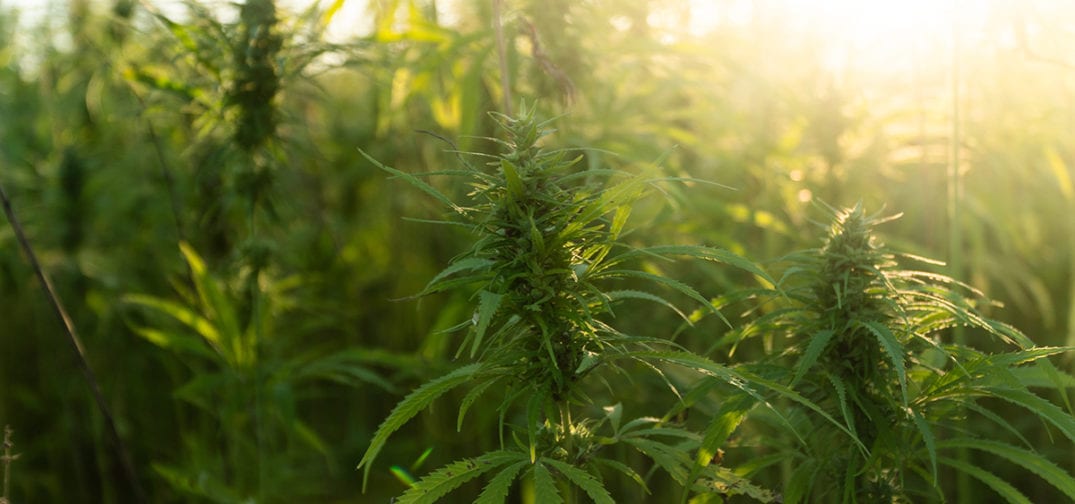Lawmakers in Lebanon are poised to approve legislation that would legalize cannabis cultivation for medical and industrial purposes, according to an Asharq Al-Awsat report.
The effort is following up on a 2018 plan by global consulting firm McKinsey & Co. to revitalize the economy in Lebanon, which is among the world’s most indebted countries. Lebanon’s medical cannabis and industrial hemp industries would be governed by laws and regulations set forward by lawmakers.
“The Bekaa Valley is considered one of the best lands for cultivating cannabis, which is classified among the finest species in the world, and it does not contain more than 1 percent of narcotic substance.” — Agriculture Minister Abbas Mortada, via Asharq Al-Awsat
According to the McKinsey plan, a legal Lebanese cannabis industry could generate up to $1 billion USD in revenue for the country each year.
“If we sell a kilo for fifty dollars, we would support the Lebanese farmers and secure a great return for the state,” Mortada said. “But if we go towards establishing factories and pharmaceutical plants, then the profits will double, in addition to the possibility that this law would push foreign companies to invest in Lebanon with the aim of manufacturing drugs.”
The plan is not without some controversy: Ismail Sukariyeh, the president of the National Health Authority, has questioned the projected financial returns from legalization and warned against an exploited industry.
“Based on my experience in the medical field, in a worn-out country that does not apply laws, the cannabis cultivation legislation will lead to transgressions from some hospitals and medical agencies, in addition to a monopoly on their export,” Sukariyeh said in the report.
The United Nations currently lists Lebanon as the third-most-common source for hashish in the world.
Get daily cannabis business news updates. Subscribe
End
